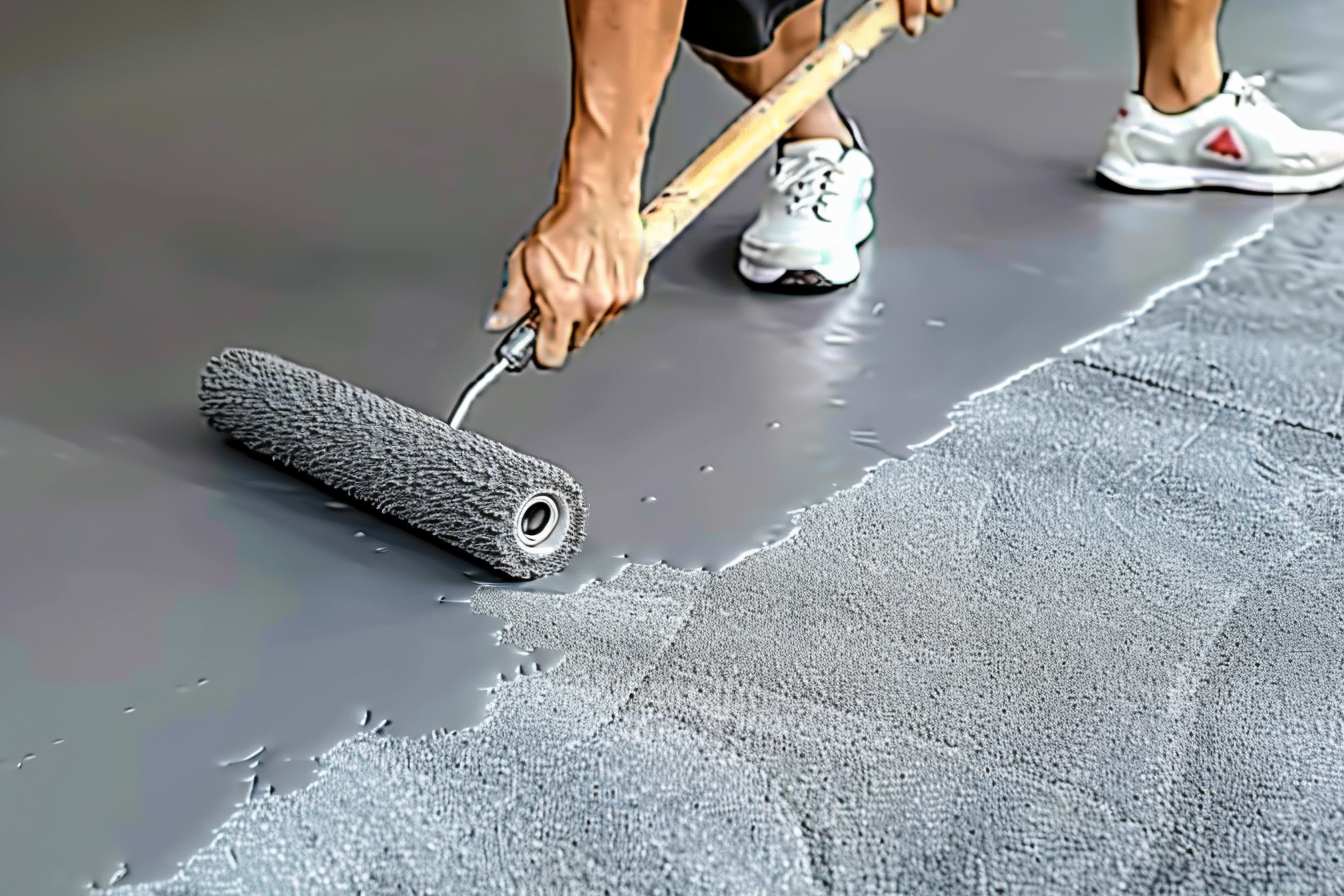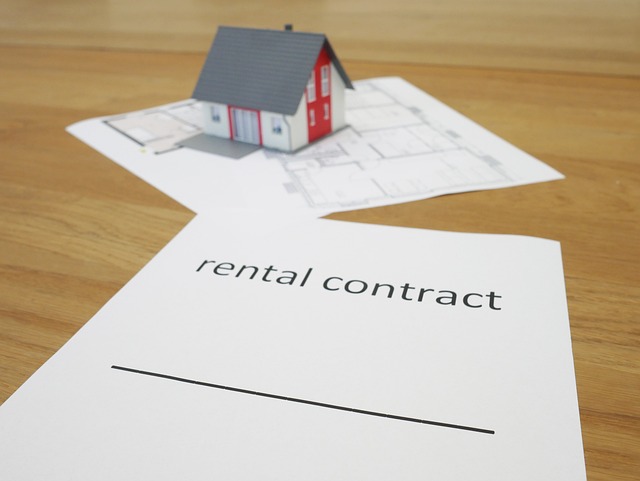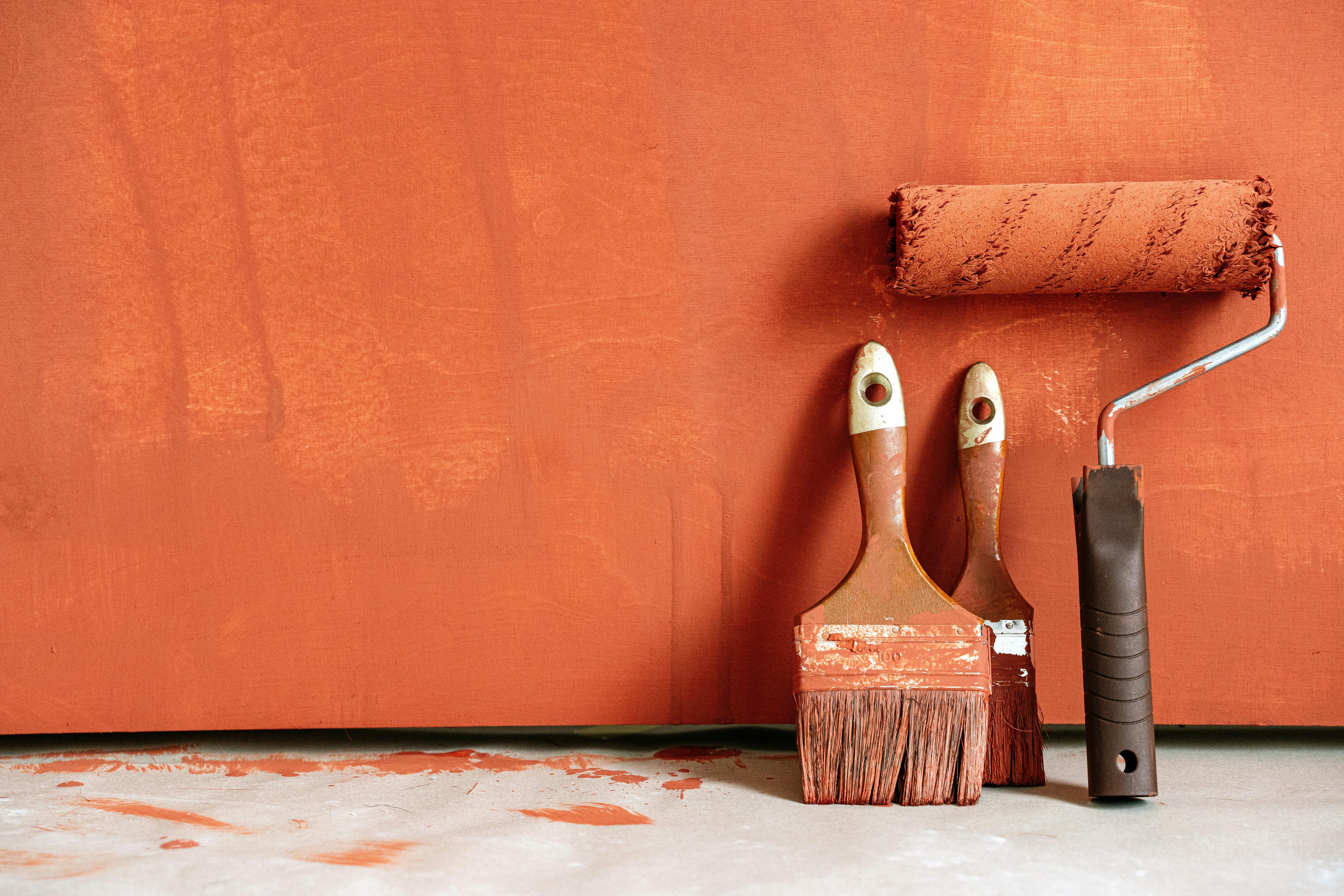The Ultimate Guide to Epoxy Flooring Installation for Your Garage
Epoxy flooring has become a game-changer for homeowners looking to transform their garage spaces into durable, attractive, and functional areas. Whether you're a DIY enthusiast or considering professional installation, understanding the intricacies of epoxy floor coating can help you make an informed decision about upgrading your garage flooring.

What is Epoxy Flooring?
Epoxy flooring is a resin-based coating system that creates a hard, durable surface when applied to concrete floors. It consists of two main components: a resin and a hardener. When mixed, these components chemically react to form a rigid plastic material that bonds strongly to the underlying concrete. Epoxy floors are known for their high durability, resistance to chemicals and stains, and ability to withstand heavy traffic and impacts.
The resulting surface is smooth, seamless, and can be customized with various colors, patterns, and finishes. This versatility makes epoxy flooring an attractive option for garage floors, where functionality meets aesthetics. The coating not only enhances the appearance of your garage but also protects the concrete from oil spills, tire marks, and other common garage contaminants.
Why Choose Epoxy for Your Garage Floor?
Epoxy flooring offers several advantages that make it an excellent choice for garage floors:
-
Durability: Epoxy creates a tough, long-lasting surface that can withstand the weight of vehicles, heavy tools, and equipment.
-
Chemical Resistance: It resists damage from automotive fluids, oils, and other chemicals commonly found in garages.
-
Easy Maintenance: The smooth, non-porous surface is easy to clean and maintain, often requiring just a simple sweep or mop.
-
Improved Lighting: The reflective properties of epoxy can brighten your garage space, enhancing visibility.
-
Aesthetics: With a wide range of colors and finishes available, epoxy can transform a dull concrete floor into an attractive feature of your home.
-
Increased Property Value: A well-installed epoxy floor can be a selling point for potential home buyers.
These benefits make epoxy flooring a practical and attractive solution for homeowners looking to upgrade their garage floors.
The Epoxy Floor Installation Process Explained
Installing an epoxy floor in your garage typically involves several key steps:
-
Surface Preparation: This crucial step involves thoroughly cleaning the concrete surface and repairing any cracks or damage. The floor may need to be ground or shot-blasted to create an optimal surface for adhesion.
-
Priming: A primer is often applied to improve the epoxy’s bond with the concrete and prevent air bubbles from forming.
-
Mixing: The epoxy resin and hardener are carefully mixed according to the manufacturer’s instructions.
-
Application: The epoxy mixture is spread evenly across the floor using rollers or squeegees. Multiple coats may be necessary for optimal coverage and durability.
-
Adding Decorative Elements: If desired, color flakes or chips can be broadcast over the wet epoxy for added texture and visual appeal.
-
Topcoat Application: A clear topcoat is often applied to seal the epoxy and provide additional protection and shine.
-
Curing: The floor must be allowed to cure fully, which typically takes 24-72 hours, depending on the product and environmental conditions.
While DIY kits are available, professional installation is often recommended for the best results, especially for larger or more complex projects.
Key Considerations Before Installation
Before proceeding with epoxy flooring installation, consider the following factors:
-
Moisture Levels: Excessive moisture in the concrete can cause epoxy to peel or bubble. A moisture test should be conducted before installation.
-
Temperature and Humidity: These factors can affect the curing process and final result of the epoxy. Installation should be done within the manufacturer’s recommended temperature and humidity ranges.
-
Concrete Age and Condition: New concrete typically needs to cure for at least 28 days before epoxy application. Older concrete may require special preparation or repairs.
-
Usage Requirements: Consider the specific needs of your garage, such as resistance to certain chemicals or the ability to withstand heavy loads.
-
Budget: While epoxy flooring is generally cost-effective, prices can vary based on the quality of materials and whether you choose DIY or professional installation.
-
Maintenance Expectations: Although epoxy floors are low-maintenance, they still require some care to maintain their appearance and longevity.
Carefully evaluating these factors will help ensure a successful epoxy flooring installation that meets your specific needs and expectations.
Comparing Epoxy Flooring Options
When considering epoxy flooring for your garage, it’s important to understand the different types available:
| Type of Epoxy | Features | Typical Cost Range |
|---|---|---|
| Water-Based Epoxy | Easy application, low odor, shorter lifespan | $30-$50 per gallon |
| Solvent-Based Epoxy | Stronger bond, longer curing time, strong odor | $45-$150 per gallon |
| 100% Solid Epoxy | Highest durability, no VOCs, professional installation recommended | $150-$300 per gallon |
| Self-Leveling Epoxy | Fills minor imperfections, creates ultra-smooth surface | $50-$170 per gallon |
Prices, rates, or cost estimates mentioned in this article are based on the latest available information but may change over time. Independent research is advised before making financial decisions.
Each type of epoxy has its own strengths and is suited to different applications. Water-based epoxies are often used in residential settings due to their ease of application and lower cost. Solvent-based epoxies provide a stronger bond and are more durable, making them suitable for garages with higher traffic or exposure to chemicals. 100% solid epoxies offer the highest level of durability and chemical resistance but typically require professional installation due to their quick curing time and more complex application process.
The choice between these options will depend on your specific needs, budget, and whether you plan to install the flooring yourself or hire professionals. Consider consulting with a flooring specialist to determine the best epoxy option for your garage.
In conclusion, epoxy flooring offers a durable, attractive, and functional solution for garage floors. By understanding the installation process, considering key factors, and comparing different epoxy options, you can make an informed decision about upgrading your garage floor. Whether you choose a DIY approach or professional installation, proper preparation and application are crucial for achieving a long-lasting, high-quality epoxy floor that will enhance your garage for years to come.




